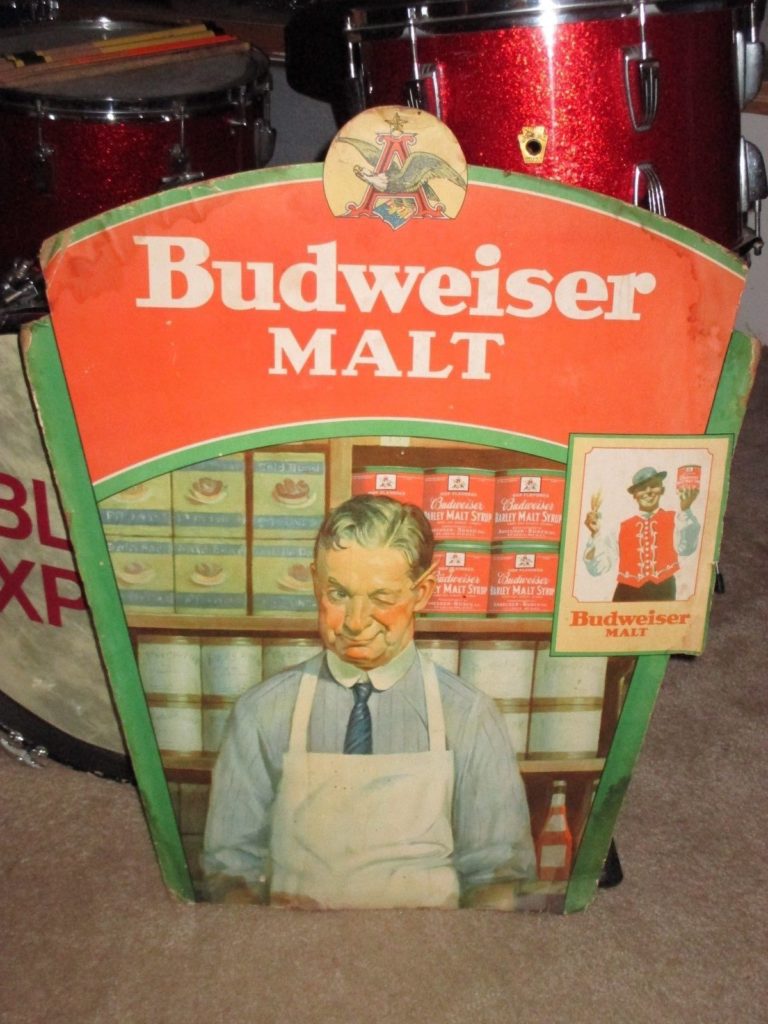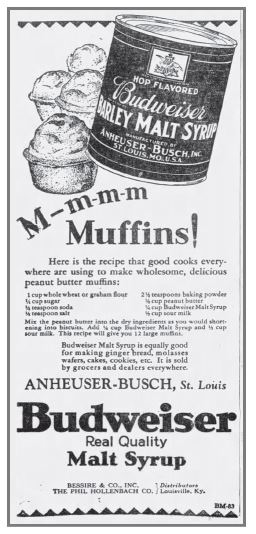This is just a semi-educated guess, but my guess is that the Fletcher's Malt is a hopped malt extract.
A number of breweries sold extract in the baking section of grocery stores during prohibition. If you sent a letter to the address on the label, they'd send you a recipe booklet. Then a short time later, a plain envelope with no return address would arrive with instructions on how to brew beer with the extract.
One company that did this is Pabst. They basically created a new company for their extracts. It still exists as premier malt. I know their prehopped extract was still being sold in a handful of grocery stores about 10 years ago (none near me, but I read about it), but I don't know if they still sell that way. I think there are some threads on HBT about premier malt.
1 gallon of liquid malt extract is roughly 12 lbs. Plugging those ingredients into BeerSmith (using S-04 as the yeast, since BeerSmith doesn't have Fletchers for some reason) says it would end up between 6.7 and 8.1% ABV (depending on whether you use 50 or 60 gallons of water). I don't know where it would end up with the Fletchers yeast.
That recipe is getting about 80% of its fermentables from table sugar and only 20% from malt, so it probably wasn't really great beer, but desperate times call for desperate measures.
Here is a link to premier malt's history:
http://www.premiermalt.com/our.history.html
Here's a link to a story about how breweries survived prohibition:
https://www.smithsonianmag.com/smart-news/how-some-breweries-survived-prohibition-180962754/
Prohibition agents tried to ban the sale of extract, but courts ruled that since it could be used for food, it was legal. Until 2009 in Utah, homebrewing was technically illegal, but it was completely legal to buy, sell, own, etc all of the ingredients and equipment to make beer. Malt extract can be used for baking (in fact, my LHBS told me that some of their biggest customers for LME are bakeries), yeast is obviously also used in baking. Hops can be used for tea. I can think of a lot of different uses for buckets, carboys, etc.








